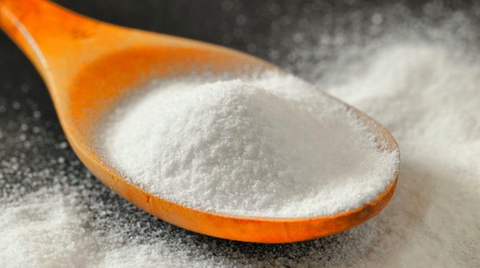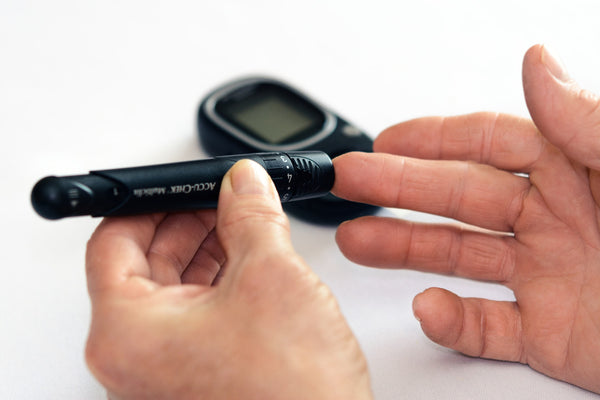When ZSWEET was developed back in 2005, the emergent situation with the increasing diabetic population was just coming into focus. Thirteen years later and almost all of the dire predictions about diabetes and related healthcare costs and social burden have come true. What has not come true is the dream of treating this disease (and the syndromes that underpin it) with drugs or even dietary supplements. However, even at this low point, there seems to be a spark of a ‘diabetes reversal’ movement going on underground.

This movement is largely based on food and lifestyle modifications. It was with this concept in mind that ZSWEET was formulated and brought to market. What did not exist at the time of the development of ZSWEET and other erythritol based products was the understanding that erythritol might actually be both a non-contributor to the diabetes or sugar consumption problem AND a food that treats or reverses the damage associated with the problem. This type of research began a few years after ZSWEET was born and continues on at a slow but steady pace.
The main question has always been something like, ‘How could this simple molecule actually be doing something helpful in terms of diabetic metabolism?’
A fairly recent experiment sheds some light.
Erythritol and Diabetic Metabolism
As mentioned before, erythritol is a protective compound and the body can produce it in times of stress. In fact, some evidence proves that erythritol springs into action when a specific threat or challenge is present, but at other times under normal conditions is simply neutral or less active. This is the case with a surge in blood sugar. When a blood sugar spike occurs, erythritol seems to exert a protective effect. What about other possible mechanisms or helpful characteristics of erythritol?
Erythritol may act as a metabolic response modifier in these ways:
-
Anti-Hyperglycemic (modifies metabolism when sugar is high)
-
Anti-Diabetic (action that eliminates or reduces glucose damage)
For starters, it must be pointed out that this recent study was done with rodents, however previous studies in animals showing similar actions have been demonstrated in subsequent human studies. Even more importantly, this study showed that some of the positive bioactivity took place in normal animals as well as in diabetic animals. This is certainly a vote for erythritol to be included in the diet of both pre and fully diabetic patients.
In what way was erythritol found to be Anti-Hyperglycemic? It appears that erythritol may have two functions. One is to hinder the absorption of glucose (blood sugar) when we eat. The second is to assist the body in transporting glucose from the blood into cells where it can be used. This would lower the level of blood sugar (glucose) in the bloodstream.
How might it be Anti-Diabetic? This is more nuanced but equally interesting. It appears that erythritol influences enzymes in the body that metabolize glucose, thereby helping to dispose of it in a way that makes energy or can be stored (as glycogen) for later use. Taken together, these actions would logically reduce the ability of free and circulating glucose to cause damage to other cells and proteins. In this way erythritol could be classified as anti-diabetic. We will be keeping an eye out for studies that confirm these mechanisms in humans and add to the list of human scientific evidence already showing a clear benefit for diabetics.

- Eur J Nutr. 2018 Oct;57(7):2431-2444
doi: 10.1007/s00394-017-1516-x
